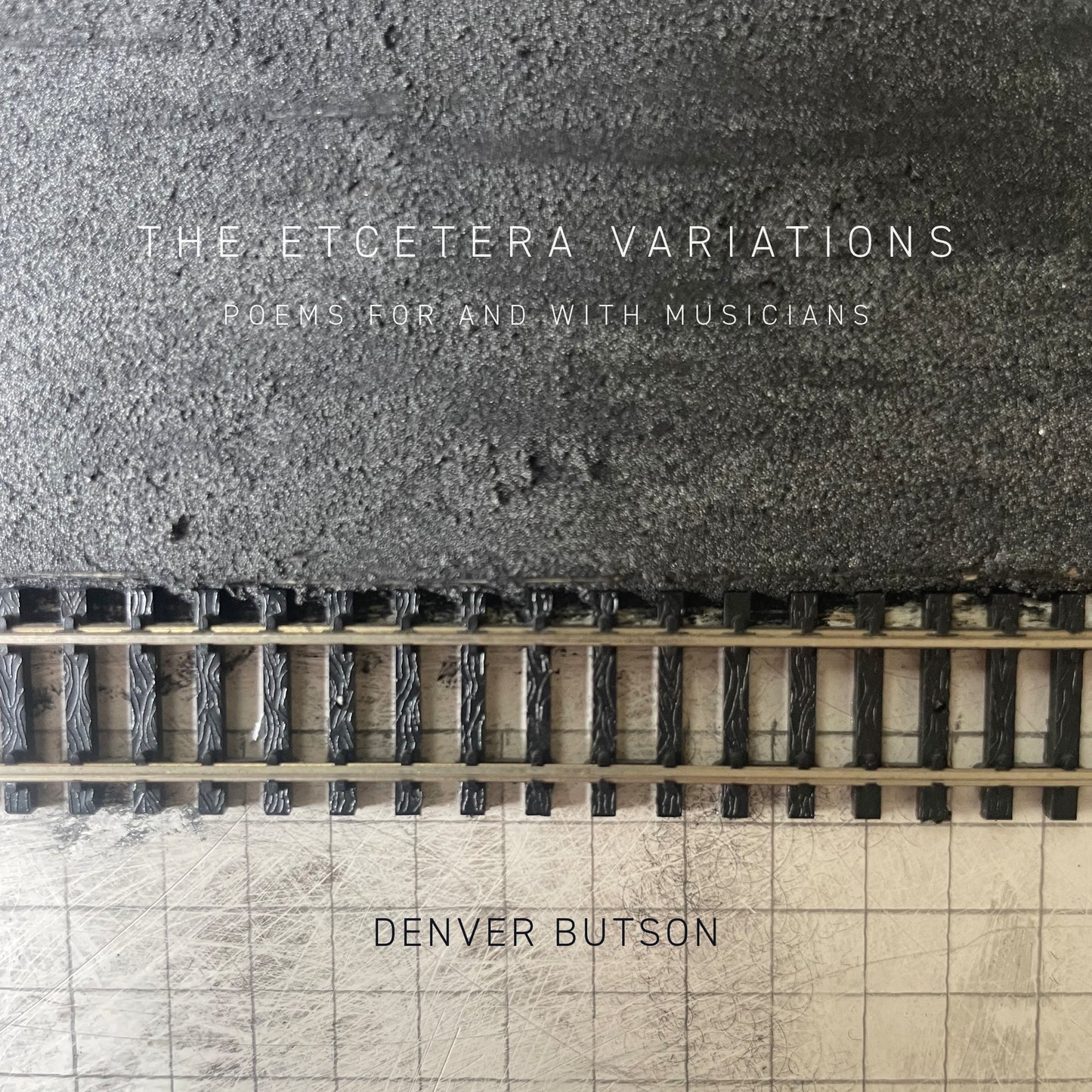Denver Butson: The Etcetera Variations
Denver Butson: The Etcetera Variations
Couldn't load pickup availability
Denver Butson’s first book of poetry appeared twenty-five years ago with these words from US Poet Laureate Billy Collins: “Here is a poet who is wild, frenzied, and refreshingly mad. His imagination unlocks for us the cells of reason and sets us loose in a world of dizzying possibilities.” Since then, Butson has published several books (some in collaboration with visual artists), has received the 2020 William Matthews Poetry Prize, judged by Ilya Kaminsky, and the 2022 Vern Rutsala Poetry Prize, and has gleaned praise from such writers as Agha Shahid Ali, Jim Harrison, and Tomaž Šalamun. About Butson’s The Scarecrow Alibis (2022), National Book Award recipient Colum McCann writes: “Denver Butson teaches our souls to speak. [These poems] knock our comfortable balance all to hell, and then they help stitch our imaginations back together again.”
The Etcetera Variations, Butson’s sixth book of solo poetry, collects some of the poetry Butson has been performing on stages with some of the most innovative musicians on the improvisational and chamber jazz scene (including violist Mat Maneri, pianist Lucian Ban, guitarist Marco Cappelli and his Italian Surf Academy, Marc Ribot and JT Lewis). In these performances, Butson often uses the text as a “fake book” to improvise along with the musicians, creating new work from the bones of these poems. Butson has said in interviews that he sees his poetry less and less as comprised of individual poems and more as fragments of one long poem. The Etcetera Variations builds on this notion with 25 years of poetry all seeming to be part of one whole.
Denver Butson’s The Etcetera Variations is not only a chronicle of decades of writing and collaboration but could possibly be seen as a continuation of what poet Doug Ramspeck saw in Butson’s The Scarecrow Alibis and called “a psalm for the dispossessed.”
About The Etcetera Variations, Lorraine Doran writes “whatever the mechanism of loss, these poems celebrate the disappearance itself, turn bewildering chaos into a beautiful, orderly ritual.”And, Mark Nowak urges “Repeat after me .. your bookshelf has been waiting for this collection.”


